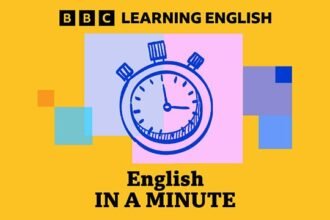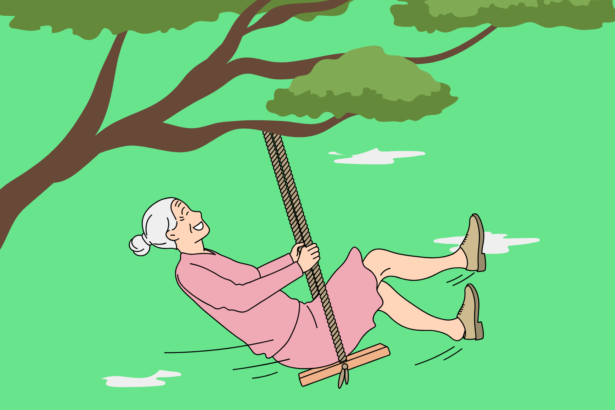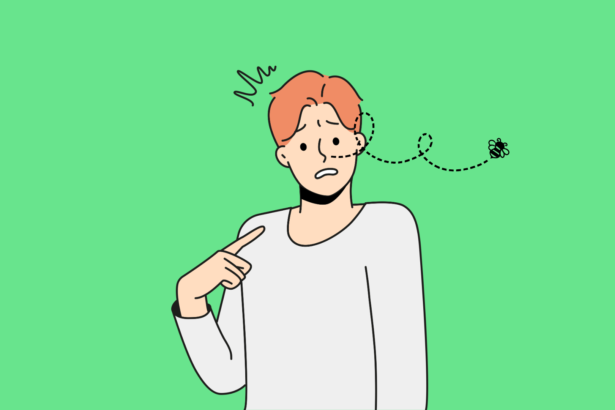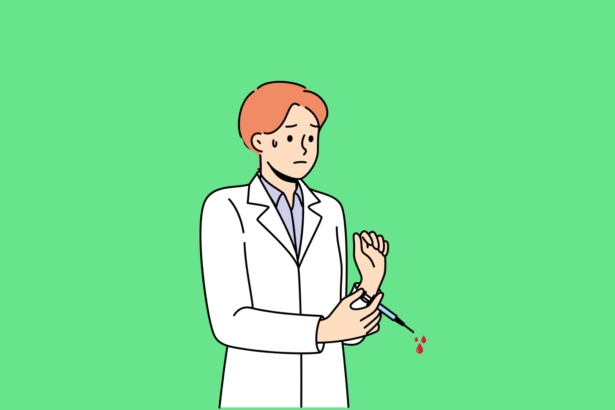It was summer again, a camping season. Andrew Lee hated this time of the year. The rest of his family loved it.
Andrew hated the bugs. He’d always go home itchy from the mosquito bites. He also hated the sleeping bags. They did not keep him warm. He would stay up all night freezing.
Most of all, he hated the bears. He was always afraid of being attacked by bears. His father told Andrew to quit complaining. He gave him bug spray and a blanket.
Then he took Andrew out for a walk in the woods. They lay down and spent the night looking up at the sky. The stars were beautiful. Andrew decided that camping wasn’t that bad.
Tradução
088. Hora do acampamento
Era verão novamente, a temporada de acampamento. Andrew Lee odiava essa época do ano. O resto de sua família adorava.
Andrew odiava os insetos. Ele sempre voltava para casa coçando por causa das picadas de mosquito. Ele também odiava os sacos de dormir. Eles não o mantinham aquecido. Ele passava a noite inteira tremendo de frio.
Mas, acima de tudo, ele odiava os ursos. Ele sempre tinha medo de ser atacado por um. Seu pai disse a Andrew para parar de reclamar. Ele lhe deu um repelente de insetos e um cobertor.
Depois, levou Andrew para uma caminhada na floresta. Eles se deitaram e passaram a noite olhando para o céu. As estrelas estavam lindas. Andrew decidiu que acampar não era tão ruim assim.
Vocabulário
Pronomes
he (ele)
his (dele)
it (isso)
they (eles)
Verbos
was (era/estava)
hated (odiava)
loved (adorava)
go home (ir para casa)
stay up (ficar acordado)
freeze (congelar)
was afraid (tinha medo)
told (disse)
quit complaining (parar de reclamar)
gave (deu)
took (levou)
lay down (deitaram-se)
spent (passaram)
looking up (olhando para cima)
decided (decidiu)
Preposições
of (de)
by (por)
for (para)
in (em)
at (em)
Adjetivos
summer (verão)
itchy (coçando)
warm (quente)
freezing (congelante)
beautiful (bonito)
Substantivos
camping season (temporada de acampamento)
bugs (insetos)
mosquito bites (picadas de mosquito)
sleeping bags (sacos de dormir)
night (noite)
bears (ursos)
father (pai)
bug spray (repelente de insetos)
blanket (cobertor)
woods (floresta)
sky (céu)
stars (estrelas)
Advérbios
always (sempre)
most of all (acima de tudo)
then (então)
Phrasal Verbs
go home (ir para casa) → “He’d always go home itchy from the mosquito bites.”
stay up (ficar acordado) → “He would stay up all night freezing.”
lay down (deitar-se) → “They lay down and spent the night looking up at the sky.”
look up (olhar para cima) → “They lay down and spent the night looking up at the sky.”
Gramática explicada
O verbo mais trabalhado neste texto é “to hate”, pois descreve os sentimentos iniciais de Andrew sobre o acampamento.
Estruturas do inglês:
Uso do passado simples para narrar eventos passados:
“Andrew Lee hated this time of the year.”
“They lay down and spent the night looking up at the sky.”
Uso do passado contínuo para descrever sensações:
“He was always afraid of being attacked by bears.”
Uso de expressões para indicar desconforto e mudança de opinião:
“He was always afraid of being attacked by bears.”
“Andrew decided that camping wasn’t that bad.”
Dicionários
Como fazer o Homework
Escute o áudio e acompanhe no texto
Leia o texto em voz alta, sem ouvir o áudio
Reescreva o texto para aprender a grafia
Escute o áudio mais uma vez antes de gravar sua leitura
Grave sua leitura no WhatsApp e envie para correção
Faça flashcards para fixar palavras novas e/ou difíceis.
Viu algum erro por aqui? Me avise!











